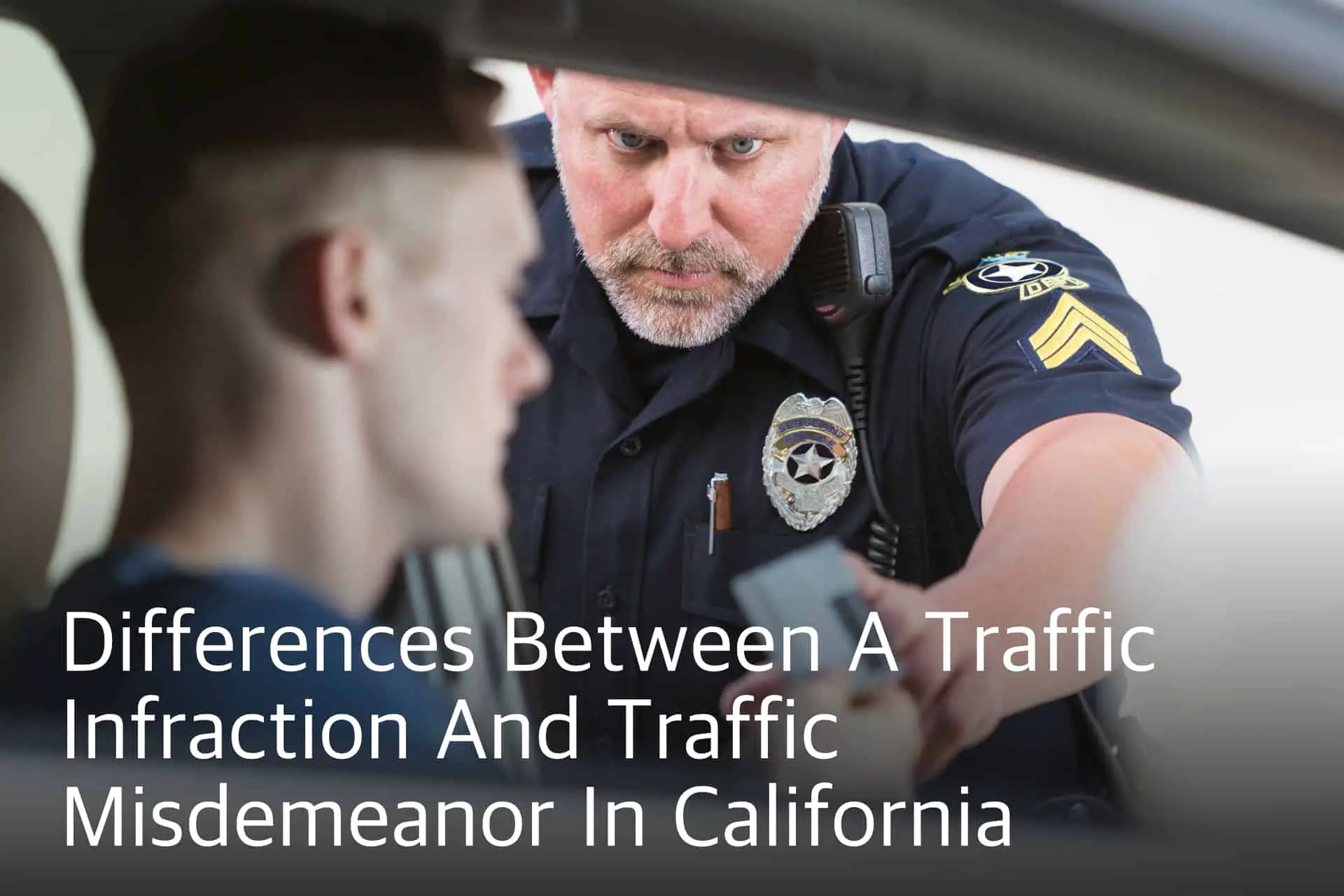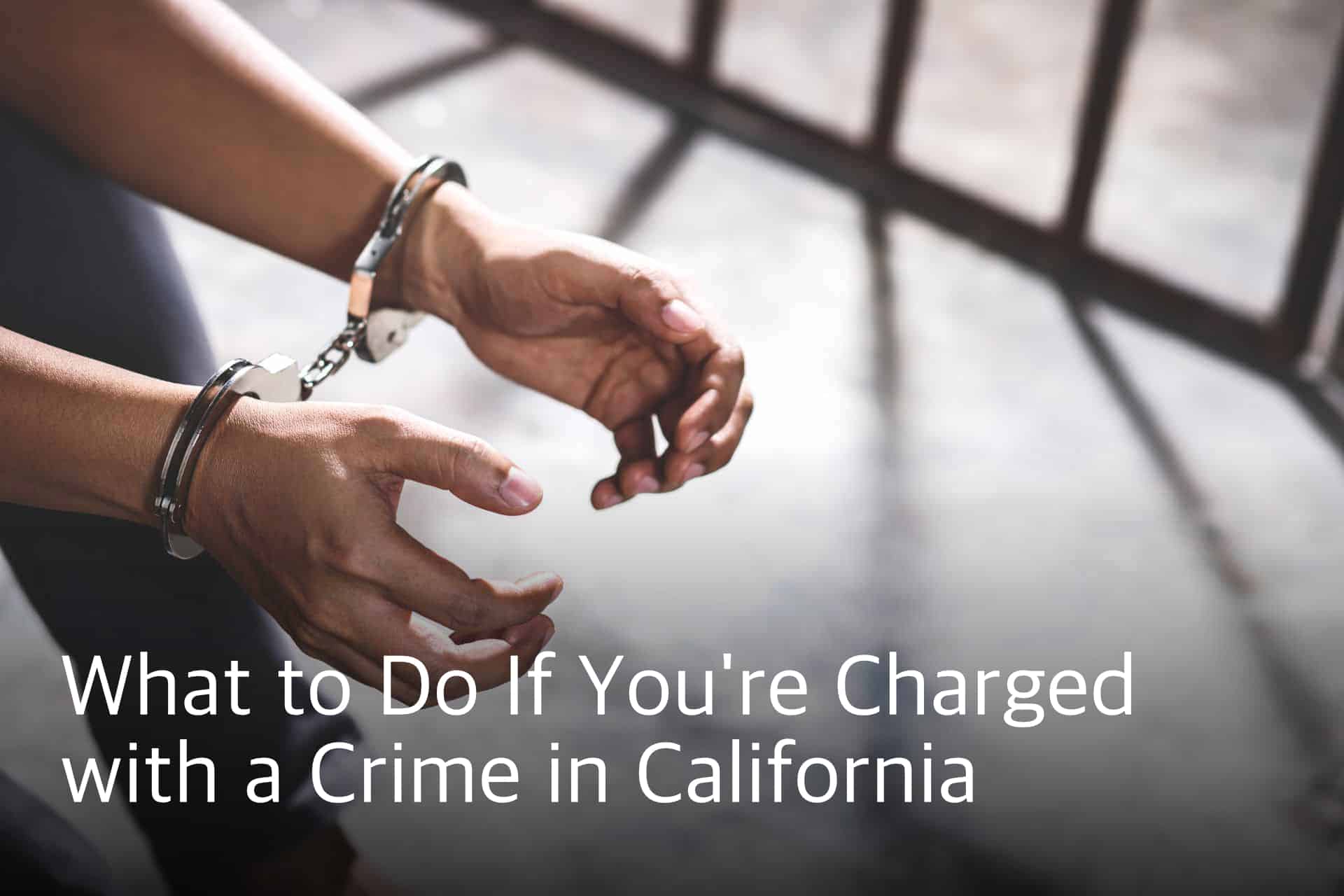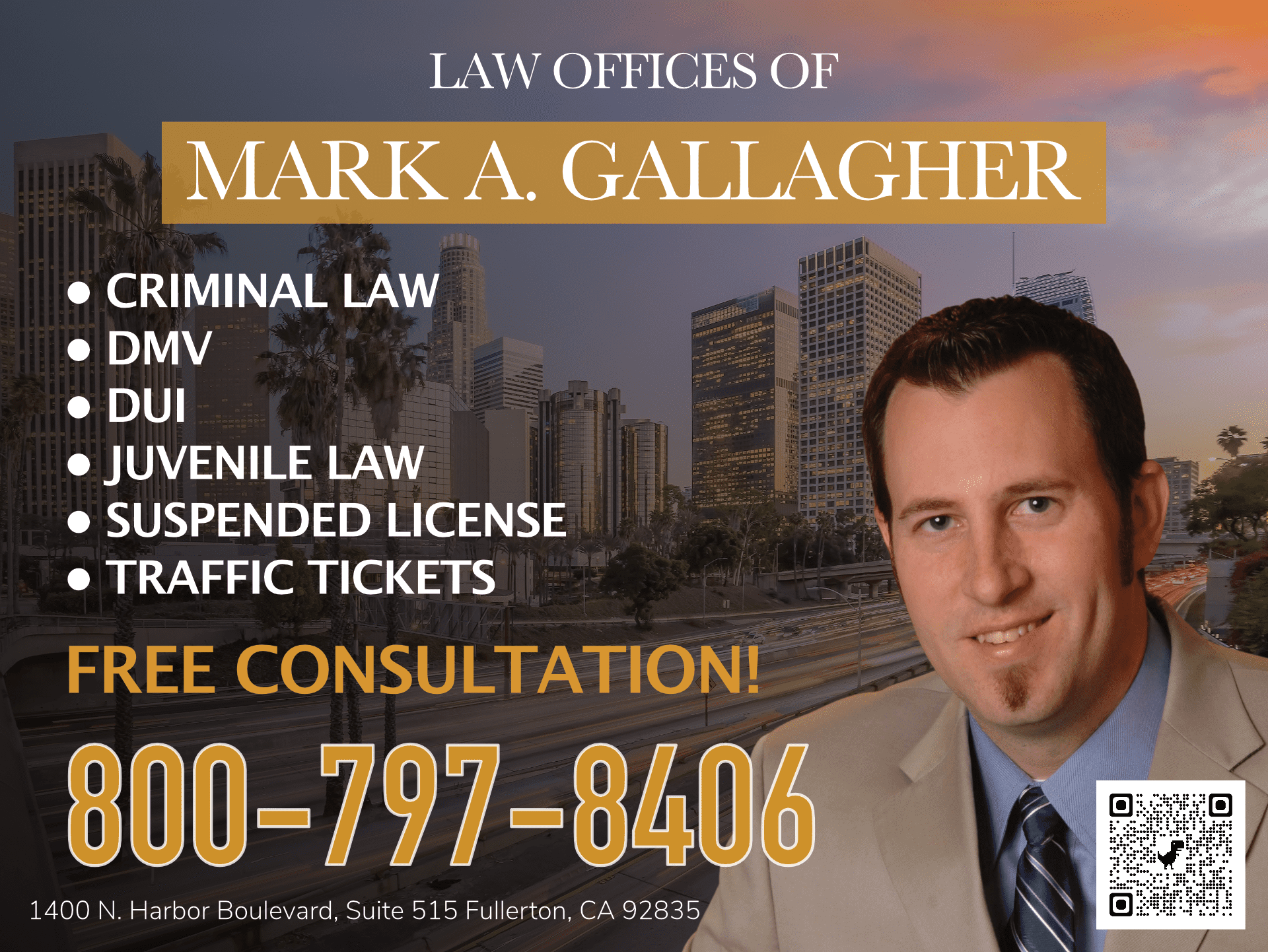Most people have a general notion of what Miranda advisements concern; the right to remain silent, the concept that what you say can be used as evidence in a criminal case against you and your right to be represented by counsel. How, when and if in fact these rights come in to play is often a complex legal issue, especially so in many DUI cases.
When Miranda Attaches
The general rule is that the police are required to inform you of your Miranda rights before they begin interrogating you after you have been arrested. It is noteworthy that not every arrestee is required to be read his or her Miranda rights; only those who are questioned regarding potential criminal liability. Therefore, for example, if you voluntarily speak with the officer who took you into custody, this may not be considered an interrogation.
Also, the nature of the police contact becomes an important factual consideration.
Custodial Interrogation vs. Non-Custodial Questioning
Previous case decisions have recognized that there are circumstances under which a person who has not yet been formally arrested may nonetheless be considered to be in custody. Although the facts and circumstances must always be evaluated on a case by case basis, if you are present on your own free will, believe you can leave at any time you wish and you have not been charged, you are likely in a non-custodial questioning situation that does not require a Miranda advisement.
DUI Stops
In practice, there is typically significant police interaction with a driver who has been stopped on suspicion of a DUI offense. Common questions include, “Were you drinking today?”, “How much?” and “When?” You may be asked to step out of the car and perform one or more field sobriety tests, including a preliminary alcohol screening test. However, this has been deemed non-custodial questioning providing the police the opportunity to investigate whether there is probable cause for an arrest.
Practical Considerations
If the police unlawfully failed to give you your Miranda rights, this may be a legitimate defense for your DUI case. However, the evidence your Los Angeles criminal attorney may be able to exclude will be limited to some of the statements you provided. Other evidence will likely be available to the prosecution, and the case against you may still proceed. For this reason, if you are pulled over for suspicion of DUI, it may be a good idea to politely decline to speak with the officer. Whether or not Miranda applies, you always can choose not to speak with the police and request the presence of your lawyer.




